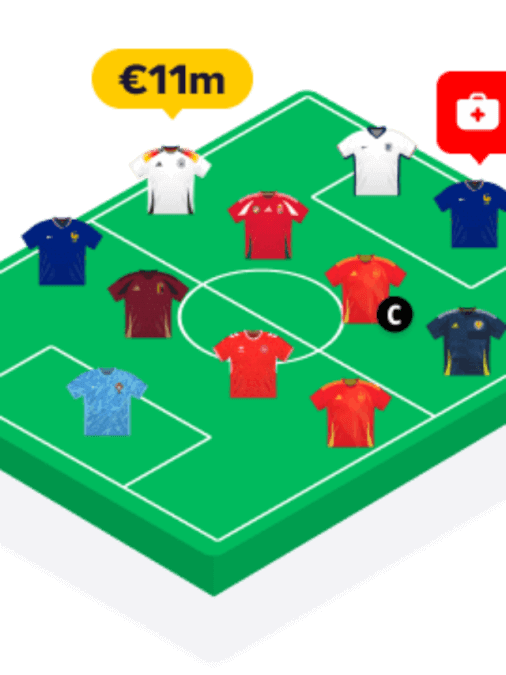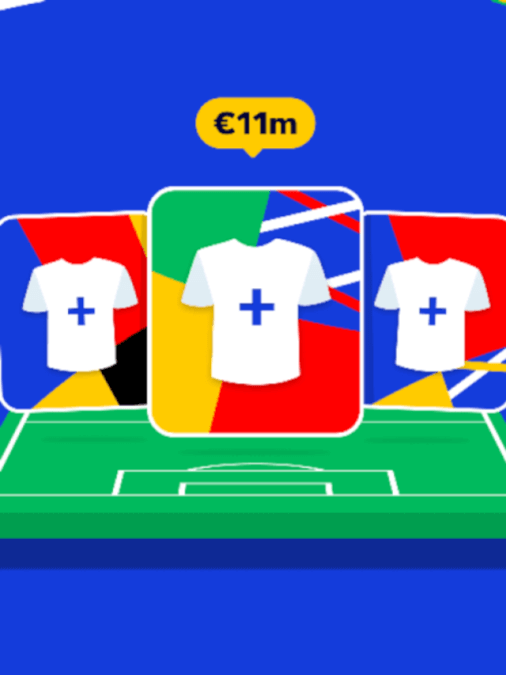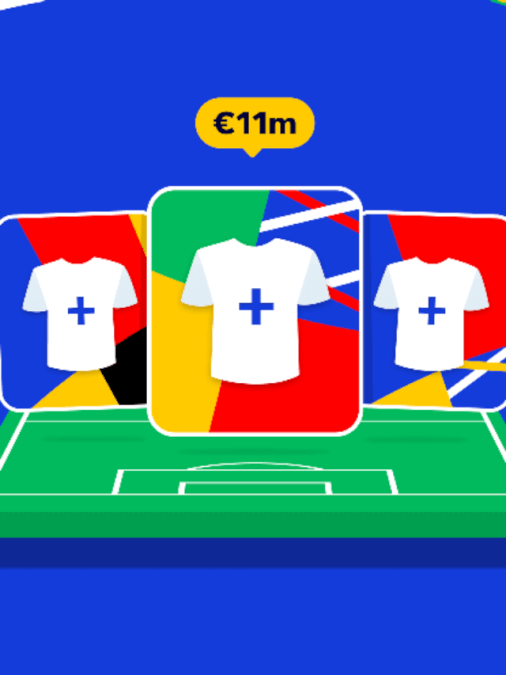When it comes to youth football, proper nutrition plays a critical role in performance and development. However, many common myths surrounding what young athletes should or shouldn’t eat can lead to confusion and poor dietary choices.
In this article, we’ll debunk some of the most prevalent nutrition myths in youth football and provide practical, evidence-based advice on building a balanced diet for young footballers.
Myth 1: “Carbs Make You Slow”
Explanation of the Myth
One of the most widespread myths is that carbohydrates cause sluggishness or negatively impact performance. Some believe that cutting carbs is the key to maintaining energy and staying lean.
Debunking with Evidence
In reality, carbohydrates are the body’s primary fuel source, especially during high-intensity activities like football. Carbs provide the glucose needed for quick energy, which is essential for young athletes who need to sprint, tackle, and recover throughout a game. Complex carbohydrates like whole grains, fruits, and vegetables help sustain energy levels and prevent mid-game fatigue.
Practical Advice
To maximize energy levels, young players should focus on consuming complex carbohydrates before and after training or matches. For more ideas on how to incorporate healthy snacks into your routine, check out our article on Snack Ideas for the Sidelines: Healthy Options for Young Players. Also, for an in-depth breakdown of how carbohydrates, proteins, and fats contribute to athletic performance, take a look at Understanding Macronutrients: What Carbs, Proteins, and Fats Do for Young Athletes.
Myth 2: “Protein Is All You Need for Muscle Growth”
Explanation of the Myth
Many people believe that protein alone is sufficient for building muscle, often leading to the overemphasis on protein shakes and supplements, while neglecting other essential nutrients.
Debunking with Evidence
While protein is crucial for muscle repair and growth, it doesn’t work in isolation. Carbohydrates help restore glycogen levels and fuel muscle recovery, while healthy fats support hormone production, which aids in muscle development. Without a balanced intake of macronutrients, muscle growth and performance can suffer.
Practical Advice
Encourage a diet that includes lean protein sources such as chicken, fish, and legumes, but also ensure meals contain complex carbs and healthy fats. For more information on optimizing recovery after games, explore our detailed guide on Post-Game Recovery: The Best Foods to Recharge Young Athletes.
Myth 3: “Fats Are Bad for You”
Explanation of the Myth
The idea that all fats are unhealthy is a common misconception, especially when many people equate fats with weight gain or poor health.
Debunking with Evidence
Fats are an essential part of a balanced diet, particularly for young footballers. Healthy fats, such as those found in avocados, nuts, and olive oil, provide long-lasting energy and are critical for cell function, hormone production, and vitamin absorption. The key is to avoid trans fats and excessive saturated fats, which can indeed have negative health effects.
Practical Advice
Rather than avoiding fats altogether, focus on incorporating healthy fats into meals. For a comprehensive look at how proper nutrition, including healthy fats, can benefit young footballers, see The Importance of Proper Nutrition for Young Footballers.
Myth 4: “Supplements Are Essential for Performance”
Explanation of the Myth
It’s often assumed that supplements like protein powders, vitamins, or energy drinks are necessary for young athletes to improve their performance.
Debunking with Evidence
Most young footballers can meet their nutritional needs through a well-balanced diet, making supplements unnecessary in many cases. Supplements should only be considered if a specific deficiency has been identified, and even then, under professional guidance.
Practical Advice
Focus on whole foods rich in nutrients rather than relying on supplements. A varied diet filled with fruits, vegetables, lean proteins, and whole grains is generally sufficient to fuel athletic performance.
Myth 5: “Hydration Is Only Important on Game Day”
Explanation of the Myth
Some believe that staying hydrated is only important during the game itself, overlooking the need for consistent hydration before and after games or training sessions.
Debunking with Evidence
Hydration is essential not only during games but also in the hours leading up to and following physical activity. Proper hydration supports muscle function, prevents cramps, and aids in recovery. Being dehydrated can drastically reduce performance and increase the risk of injury.
Practical Advice
Young athletes should hydrate throughout the day with water and electrolyte-rich drinks. For more hydration tips and guidance on what to drink and when, check out Hydration Hacks for Young Footballers: What to Drink and When.
Myth 6: “Skipping Meals Won’t Affect Performance”
Explanation of the Myth
Many young athletes believe that missing a meal here and there won’t significantly impact their performance.
Debunking with Evidence
Skipping meals can lead to low energy levels, decreased concentration, and even reduced stamina. Football requires endurance, focus, and quick decision-making, all of which are compromised when athletes aren’t properly fueled.
Practical Advice
Encourage young players to eat regular, balanced meals throughout the day, particularly before and after games or training. For insights on how to structure a day’s worth of meals for optimal energy, check out our article on A Day in the Diet of a Young Footballer: Meal Plan Guide.
How to Create a Balanced Diet for Young Footballers
To help young athletes reach their peak performance, it’s important to create a balanced diet that incorporates all essential macronutrients:
- Carbohydrates: Include whole grains, fruits, and vegetables to provide long-lasting energy.
- Proteins: Choose lean protein sources like chicken, turkey, eggs, and legumes for muscle repair and growth.
- Fats: Add healthy fats like olive oil, nuts, and avocados for sustained energy and hormone balance.
Sample Balanced Meal Plan for a Young Footballer
| Meal | Components |
|---|---|
| Breakfast | Oatmeal with fruits, a boiled egg, and a glass of milk |
| Snack | Greek yogurt with honey and a handful of almonds |
| Lunch | Grilled chicken with quinoa, mixed vegetables, and a side of avocado |
| Snack | Apple slices with peanut butter |
| Dinner | Baked salmon, sweet potatoes, and steamed broccoli |
Key Takeaways Table
| Myth | Fact |
|---|---|
| Carbs make you slow | Carbohydrates provide essential energy for high-intensity activities like football. |
| Protein is all you need | Muscle growth requires a balance of protein, carbs, and healthy fats. |
| Fats are bad | Healthy fats are essential for energy and hormone production. |
| Supplements are necessary | Most young footballers can meet their needs with a balanced diet of whole foods. |
| Hydration is only for game day | Proper hydration is important before, during, and after games or training. |
| Skipping meals won’t hurt | Skipping meals can lead to decreased energy levels, focus, and stamina. |
By debunking these common myths, we can help young athletes build a strong foundation for their nutrition, ensuring they stay energized, healthy, and ready to perform at their best. Proper nutrition, paired with the right training, can give any young footballer an edge both on and off the field.









